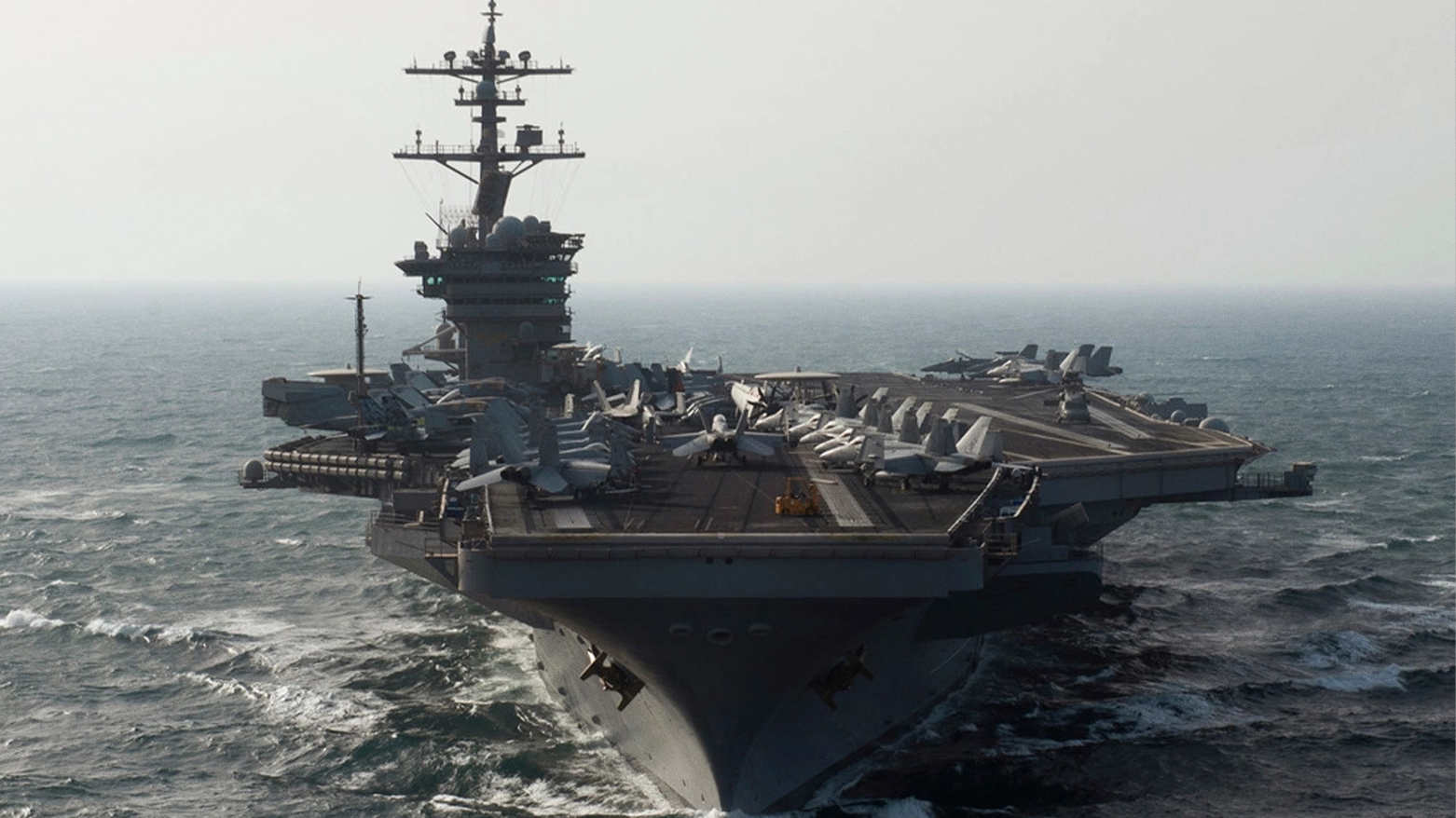U.S. Marks First Anniversary of Comprehensive Agreement with Bahrain
Bahrain has played a central role in supporting the U.S. Navy, as it began to establish a presence in the Middle East.

WASHINGTON DC, United States (Kurdistan 24) – Friday marks the first anniversary of the signing of the U.S.-Bahrain Comprehensive Security Integration and Prosperity agreement (C-SIPA.)
The accord was signed on Sept. 13, 2023, by Secretary of State Antony Blinken and Bahrain’s Crown Prince and Prime Minister, Salman bin Hamad Al Khalifa, as the latter visited Washington.
The State Department marked the anniversary by issuing a statement hailing the agreement for elevating “bilateral cooperation to new heights” and delivering “tangible benefits to both our countries and to the region.”
Bahrain is one of America’s oldest allies in the Middle East. Indeed, the U.S. presence in the region was quite limited for a long time—until the twentieth century. But three developments changed that.
One was the switch from coal to oil as the major source of energy for modern economies. Although this was a technological development, it had enormous political implications. Because there is so much oil in the Middle East, the region became far more important than it had been.
A second major factor drawing the U.S. into the Middle East was World War II. U.S. forces, including the navy, became engaged in the region to counter Nazi Germany’s push toward the east.
The third factor was the sharp contraction of the British empire that followed World War II. In essence, the US. replaced Britain on the world stage (the U.S. Navy has an interesting account of this history.)
Bahrain’s Role
Within this history, Bahrain has played a central role in supporting the U.S. Navy, as it began to establish a presence in the region.
Shortly after the end of World War II, the navy established, in 1947, a Middle East Force (MEF.) At the time, Bahrain was a British protectorate, and the U.S. leased space at a British naval base, Juffair, located some five miles southeast of Bahrain’s capital, Manama.
In 1948, a U.S. escort carrier (a smaller, slower aircraft carrier) paid a 52 hour visit to Bahrain. “The highlight” of that visit was “a dinner for 120 guests, including 45 U.S. naval officers, hosted by Sheikh Salman bin Hamad al-Khalifa, Bahrain’s ruler,” the U.S. naval history explains.
The Bahraini Prime Minister and Crown Prince, who signed the C-SIPA agreement last year, is the great grandson of the ruler who provided the magnificent dinner for the U.S. naval officers.
In 1971, Bahrain gained its independence, and the U.S. took over the British naval base at Juffair. Some two decades later, with the growing unrest in the region, triggered by the 1979 Iranian revolution, CENTCOM was established in 1983, and the MEF fell under its command.
In 1995, the MEF was replaced by a larger naval force, the Fifth Fleet, which became CENTCOM’s naval arm, or NAVCENT. Like the MEF, NAVCENT is headquartered in Bahrain.
Comprehensive Security Integration and Prosperity Agreement
When the agreement was signed in Sept. 2023, the White House described it as “a new framework to promote cooperation across a range of areas, from defense and security to science, technology, and trade.”
It aims to promote a broad range of goals, including “enhancing deterrence, including through expanded defense and security cooperation, interoperability, and mutual intelligence capacity building,” the White House statement explained.
It also includes “promoting cooperation on trade and investment, building on the existing U.S.-Bahrain Free Trade Agreement,” while “promoting the development and deployment of trusted technologies.”
The State Department statement marking the one-year anniversary of the agreement noted, “Throughout the last year, the United States and Bahrain have worked on numerous security initiatives, including Operation Prosperity Guardian, the coalition defending commercial shipping in the Red Sea and Gulf of Aden.”
“We continue to work with our Bahraini partners to bolster trade and investment opportunities under C-SIPA,” while our two countries “welcome other nations committed to C-SIPA’s principles to join this initiative promoting regional integration and cooperation,” it concluded.